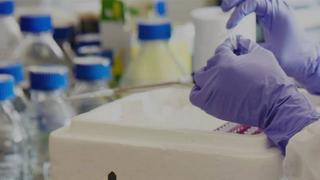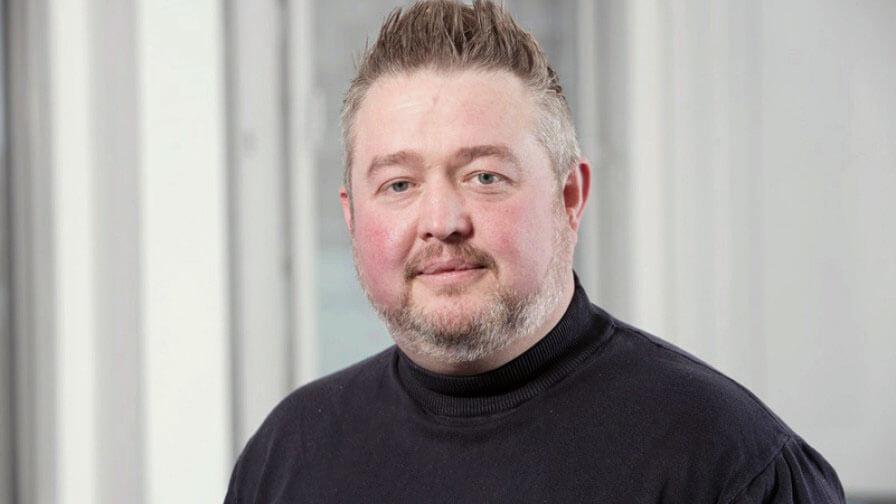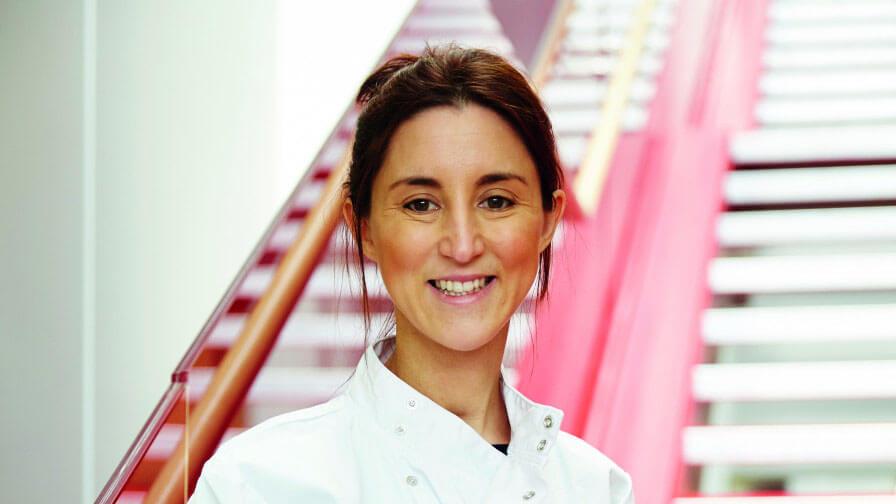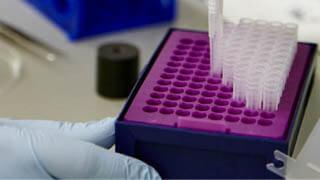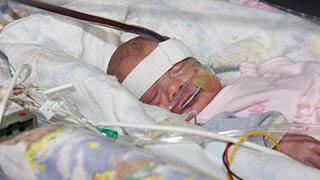
Preventing brain injury in premature babies
Professor Donald Peebles’ research at University College London aims to develop an innovative new treatment to help prevent infection-related premature birth and injury to the developing baby’s brain, helping to save and change more babies lives. We are co-funding this project with Borne.
Our hope is that the treatment could both reduce the numbers of premature births, as well as reduce the risk of brain damage and its long-lasting impact on children’s lives. If our results continue to show promise, we aim to take this potential new treatment into clinical trials within the next five years.
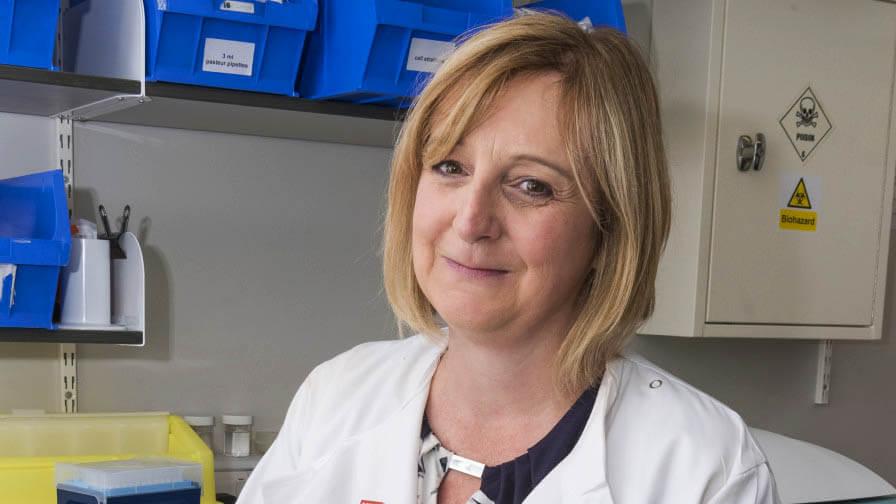
Working to identify women at risk of premature birth
Although the causes of preterm birth are often not understood, one factor may be how a woman’s body deals with infections during pregnancy. “Developing a better understanding about this should help us find new ways to reduce a woman’s risk of premature birth and the heartache it can cause," explains Professor Rachel Tribe, of King’s College, London.
Professor Tribe’s research, co-funded with Borne, hopes to develop a new screening test that can help identify pregnant women who are at increased risk of early delivery. If successful, this test would enable the appropriate steps to be taken to protect babies from being born too soon – saving more lives and reducing the risk of long-term complications.
High quality and focused research is vital if we are to save lives and make a real difference to this growing global problem.
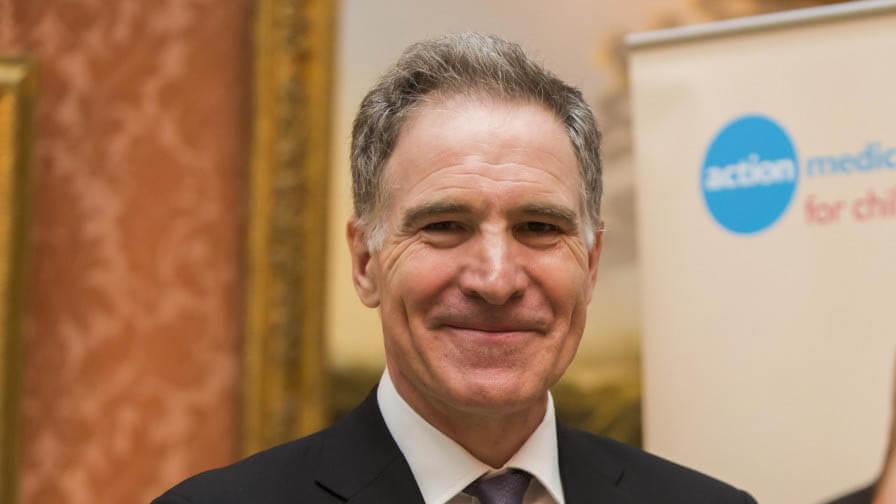
Testing a new treatment to delay early labour
Treatment with a hormone called progesterone can reduce a woman’s risk of giving birth early, but it doesn’t work for everyone. Professor Mark Johnson, of Imperial College London, has been investigating whether combination treatment with progesterone and a medicine called aminophylline works better.
The new treatment was tested on a small group of pregnant women who are known to be at high risk of going into labour too early. If it proves successful, the team will go on to set up a much larger clinical trial in many more women.
Our ultimate goal is to stop babies from being born too soon, save their lives and protect them from disability,

